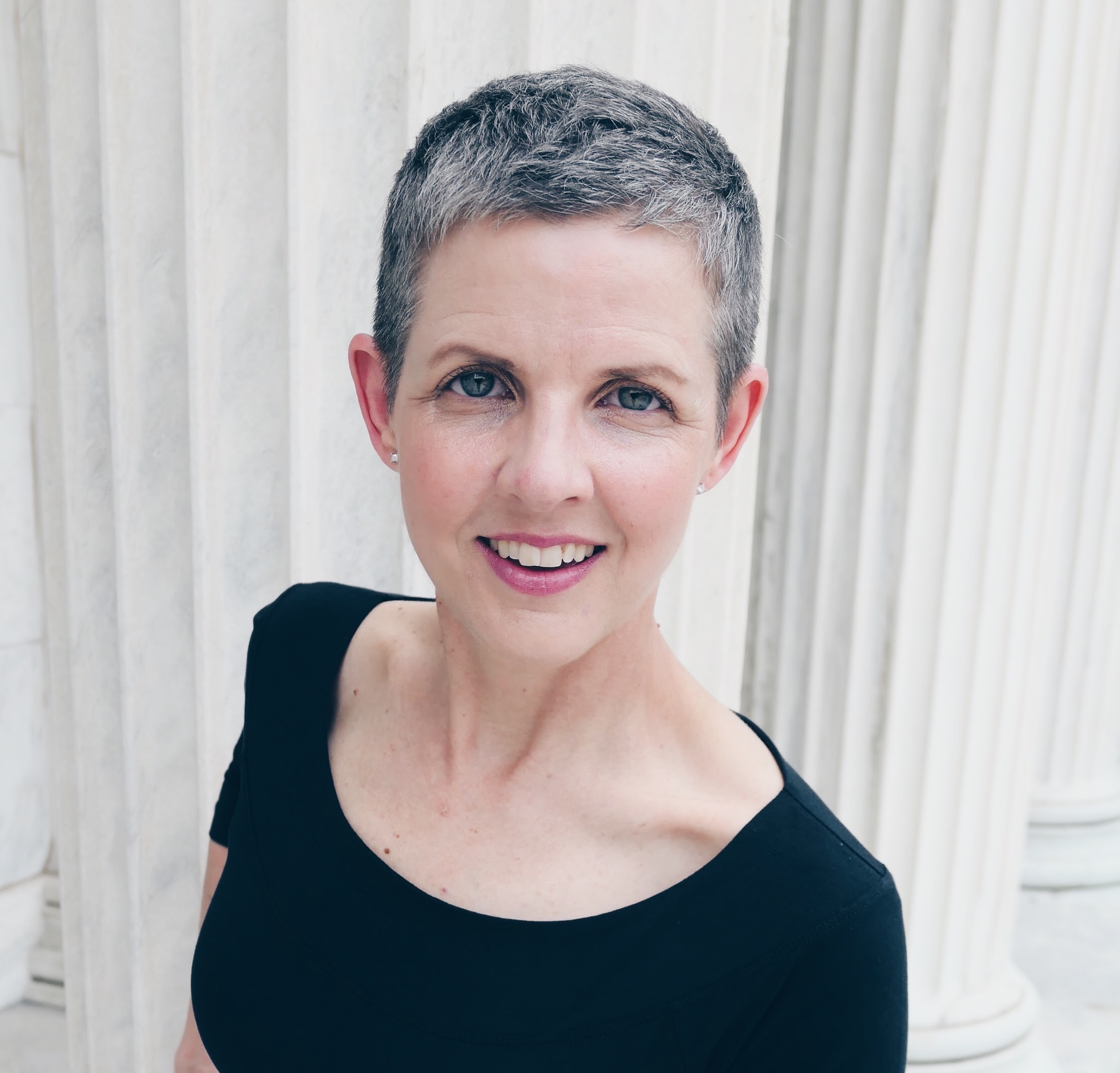Couldn’t we all use a potent dose of hope?
In a time when Covid feels unending, politics is characterized by deceit and vitriol, climate change is on the brink of irreversible, and – the most hope-stealing for me – the unthinkable continues to happen in our schools, hopelessness can seem a natural state.
However, experts tell us that hope is available to us all. Even better, we can develop and strengthen the muscle of hope and put it to use any time. We only need to know how.
First, what exactly is hope?
Hope is related to optimism, but they are different. Optimism is the general expectation that good things will happen in the future, that things will turn out well. Optimists see the positive, perhaps at the expense of seeing or accepting the negative.
Hope offers more. Charles R. Snyder, author of The Psychology of Hope defines hope as the tendency to see desired goals as possible, and to approach those goals with “agency thinking.” In other words, hope involves a belief in the possibility of something different and that you have the ability to move toward it.
Hope is optimism with a plan.
When honed, hope is also a character strength. And it is associated with a long list of personal benefits like greater well-being, perseverance, life satisfaction, longevity, and resilience, to name some.
According to Jacqueline Mattis, psychologist and hope expert, hope can be cultivated; it is a skill that can be developed and practiced. And a life with hope is one where we live in present and move toward a future that is brighter. Ready to hope?

Here are some strategies to cultivate hope.
See the possibility.
When we can imagine the existence of positive outcomes, we can open the to the possibility of moving into them. Uncertainty, then, becomes an asset. If failure is possible but not certain, then success, too, is possible. To have hope, we need a goal, a vision, something to move toward. Consider something you want – relaxation, more quality family time, a streamlined kitchen. What’s possible here? How do you define success? How will you know when it is achieved?
Exercise choice to create a plan.
Hope involves “agency thinking” – a belief in our capacity to affect change. And affecting change requires choosing to do so. Psychiatrist and Holocaust survivor Victor Frankl famously stated, “Between stimulus and response there is a space. In that space is our power to choose our response. In our response lies our growth and our freedom.” Consider what choices you have. Of those, which can help you move into your desired outcome? How can those choices be constructed into a plan?
Remember your purpose.
Purpose is the fuel for our actions. And purpose is rooted in what we value. Remind yourself: What value or values is driving my desire for something different? In other words, what makes my actions toward a new possibility worthwhile? How can that possibility of change benefit others beyond me?
Take action.
Change happens in a series of steps over time. With a vision, a sense of purpose, and a plan, move toward the possibility of something different, take one step at a time.
Let’s end on a quote. Stated by Vaclav Havel and printed on nottoolateclimate.com, a mission with a decidedly hopeful proposition, “Hope is not the conviction that something will turn out well, but the certainty that something is worth doing no matter how it turns out.”
So, consider this: what’s worth being hopeful for you?


0 Comments